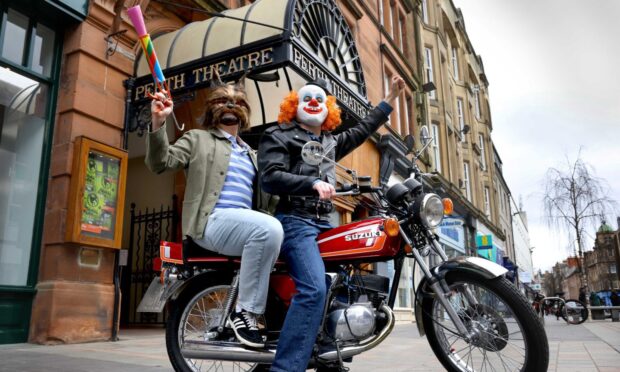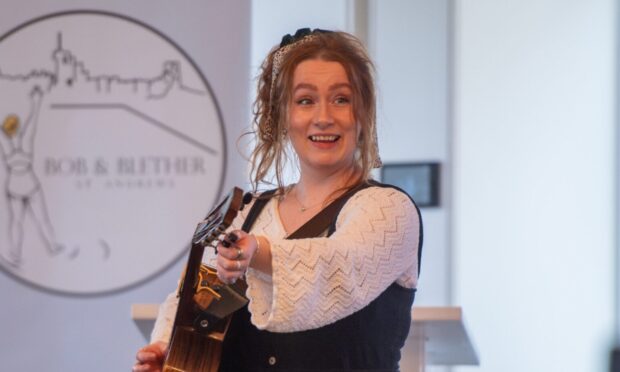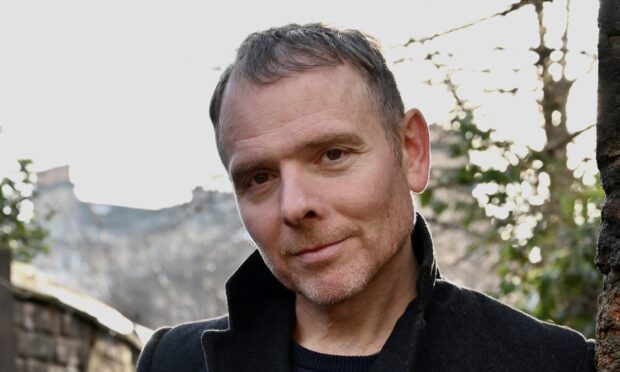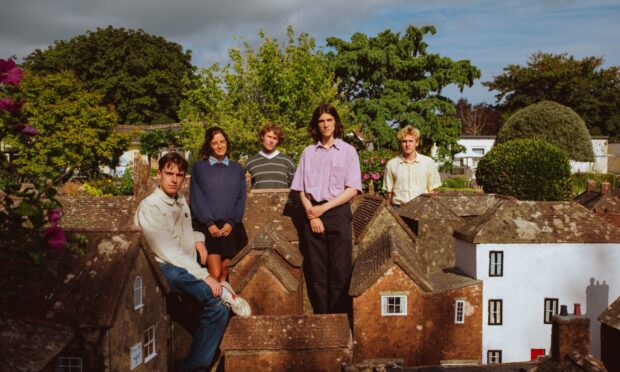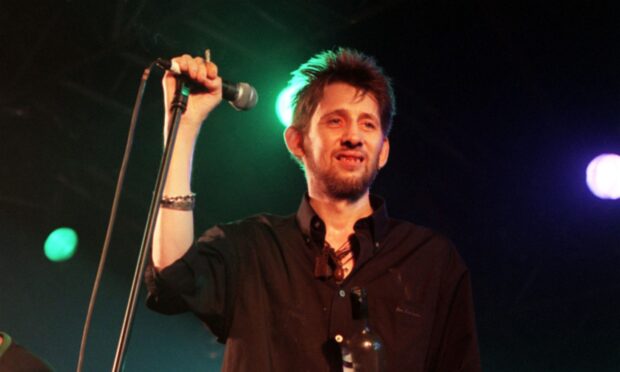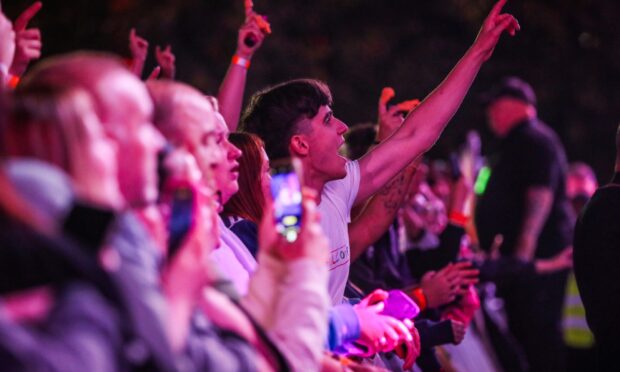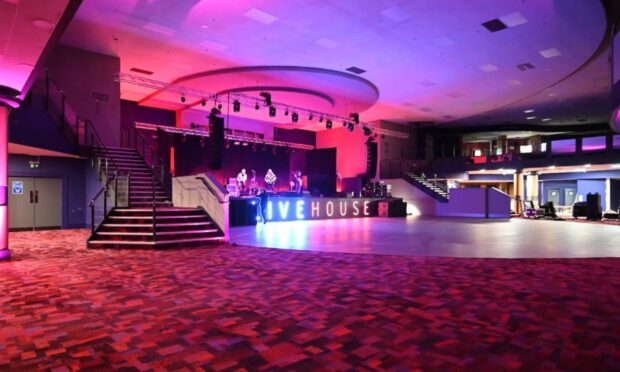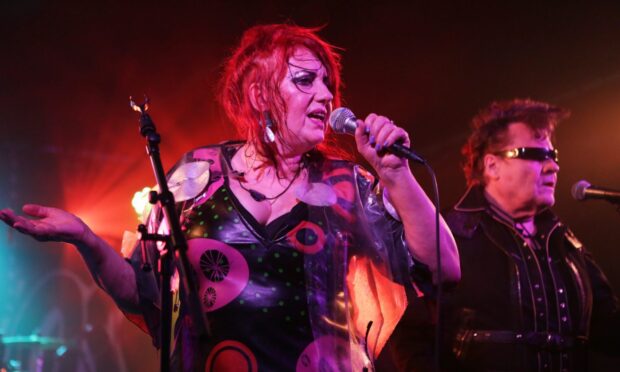The Kanneh-Mason siblings are something of an musical revelation. Seven in total, all with prodigious talent and skills, Jeneba became the fourth of the family to visit Perth’s Concert Hall.
Viewers might have seen the 2020 BBC Four documentary in which she featured, Young, Gifted and Classical, but you have to see these amazing young players live to appreciate their immense prowess.
Jeneba’s older sister Isata has already wowed concert-goers on the Hall’s concert grand. Now it was her turn to switch on the Kanneh-Mason keyboard magic.
Her lunchtime concert on Tuesday was one to relish as she provided a programme of music that demonstrated her all-round and excellent musicianship.
JS Bach, Mozart, Scriabin and Liszt – the latter was a fantastic bonus to the concert, with a quite extraordinary rendition of the Hungarian Rhapsody No 2.
Another Liszt work, his Vallee D’Obermann, was replaced by a Schubert Impromptu and a Rondo Capriccioso by Mendelssohn. No loss, but yet another bonus.
These composers cover most points of the musical compass and it needs a player of Jeneba’s versatility to switch from baroque to classical, followed by the early and late romantic periods.
Remarkable repertoire for a young musician
It also shows a remarkable and extensive repertoire for a young musician.
The opening Bach prelude and fugue in C sharp, the third of his famous “48”, might be only half a tone up from the more familiar and simpler opening C major but it demands more dexterity, a more fluid approach and precision of the highest form.
It might have lasted five minutes or so, but it was enough to establish Jeneba’s credentials, and they are something quite outstanding.
Effortless, yes. Impressive, even more so.
During a Mozart sonata that was clinically excellent, I got the feeling she was hiding her virtuosic talents and abundant flair for the rest of the programme, and both were unleashed in Scriabin’s second sonata.
Instinctive and uncanny
These qualities were in abundance, but there was also a passion and a deep feeling that cannot really be manifested in Bach or Mozart.
There was also maturity in performance and interpretation, that latter instinctive, the former an uncanny phenomenon.
The last of Schubert’s Opus 142 Impromptus has a cheeky, tongue-in-cheek approach.
It flirts, it cajoles, it inspires, not only the audience but the pianist.
Some magnificent scale passages stood out, performed with vivacity and accuracy.
This precision was also a pre-requisite for the Mendelssohn work, the first part which could easily been a Song Without Words, the second ideal for his music for a Midsummer Night’s Dream.
Liszt Rhapsody an ideal showcase
Bewildering scales, crashing chords apart, nothing could really prepare us for her encore, the Liszt Rhapsody which was originally on the programme, off one minute but then on again at the end, and thankfully so.
This was a fantastic performance that had everything.
As a showcase, it’s ideal for a pianist of fire, verve, spine-tingling virtuosity, dash and skill, all these mixed with some delicate softness.
The work is every bit as exciting as Jeneba’s performance was.
Exciting is probably an understatement. I’ll leave those who witnessed quite a spectacle to suggest a suitable superlative. Good luck there!


